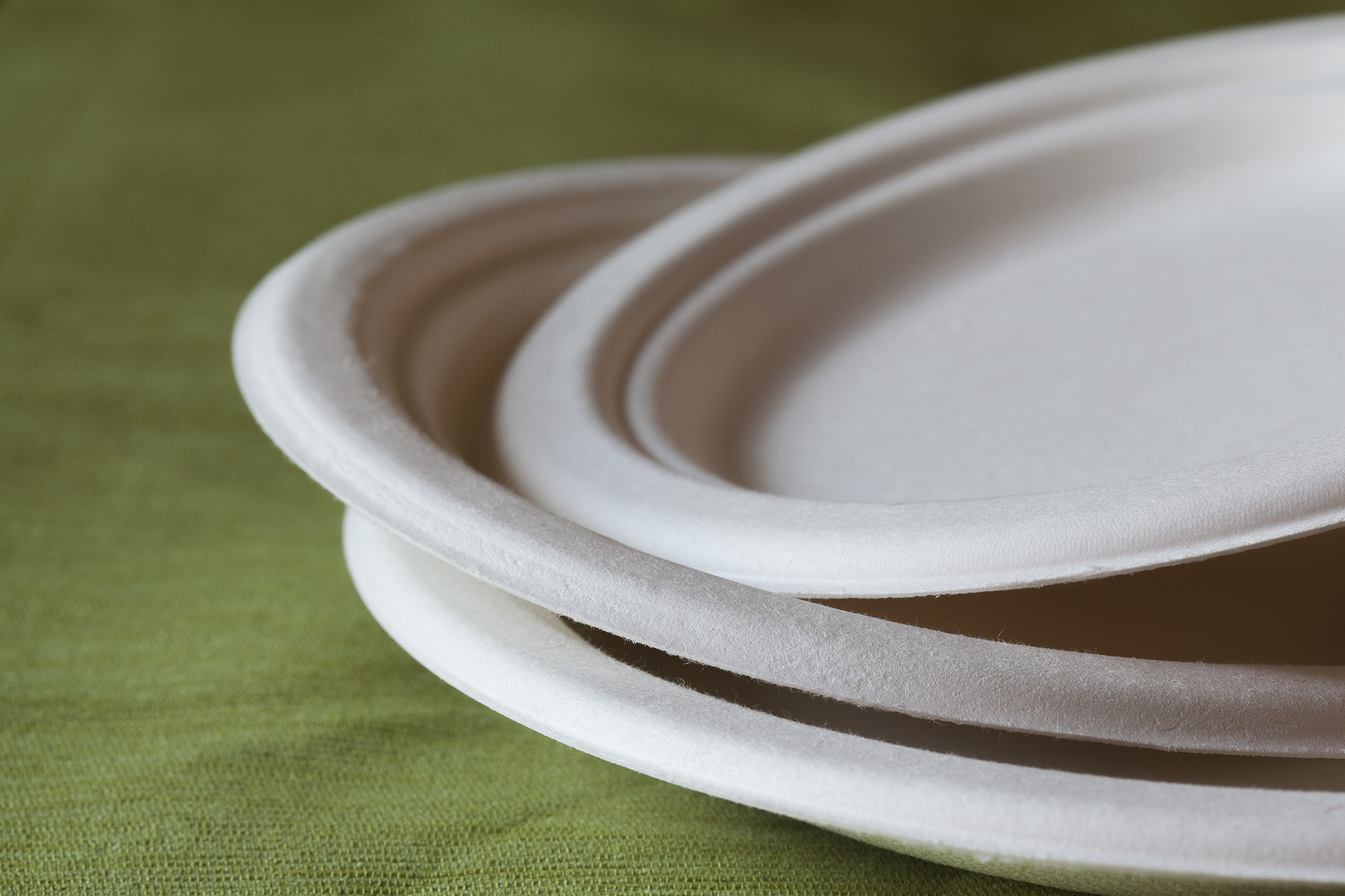To-go containers, cups remain in short supply as global disruption challenges growth in takeout and delivery services.
As we approach the two-year mark of the coronavirus pandemic, it's probably safe to say that the ongoing global supply chain disruption has impacted every U.S. industry to some degree. And the restaurant sector is no exception.
“It’s more than just food. It’s paper products, it’s plastics, it’s just everything — the packaging for the products that we get,” Penn Station East Coast Subs President Craig Dunaway recently told CNBC.
“Supply chain disruptions continue to affect the food and packaging industry, with limited supplies of packaging materials, primarily glass, containerboard, cardboard, and aluminum,” Neil Coole, Director of Americas Food and Retail Supply Chain at BSI, told The Food Institute.
According to research firm Datassential, more than 50% of restaurant operators surveyed back in July reported shortages or unavailability of to-go packaging. Seventy-two percent also noted substantial cost increases, second only to beef among products with the largest inflation rate over the preceding three months. More recently, a November 2021 survey by the National Restaurant Association reported more than 9 in 10 operators across each of the major segments experienced supply delays or shortages in recent months.
The shortages are a result of the same factors impacting many commodity-influenced businesses: backups at our national ports and the widespread labor shortage, especially of truck drivers to move product quickly whenever it becomes available.
The scramble for packaging comes at a time when customer demand for takeout and delivery remains at an all time high due to COVID's persistence. According to the National Restaurant Association’s State of the Industry report, 68 percent of customers say they are more likely to purchase takeout or delivery of food than they were before the pandemic.
In response, we are seeing restaurants experiment with more ghost kitchens, fewer or smaller on-premise dining rooms, and designated pick-up only areas. Examples include Portillo's new pick-up only restaurants, Chipotle's new Chipotlane Digital Kitchen, and Shake Shack's and Taco Bell's new drive-through lanes.
Faced with ill-timed shortages of to-go containers, coffee cups, straws and napkins, restaurants are taking this opportunity to think outside the traditional takeout box to find available solutions that are more sustainable than standard single-use containers. “Packaging is a real hot spot for consumer consciousness,” Simon Geale, an executive vice president at the supply chain and procurement management firm Proxima, said in an interview with NBC News.
“The restaurant industry in the era of the global pandemic looks completely different, as restaurants turn to takeout and delivery to maintain business and serve customers," says Alison Diamond, co-founder and CEO of Jybe, the first app to help find restaurants using sustainable packaging for takeout and deliveries. "With that comes an increase in takeout packaging." Jybe users report back on the types of materials used, whether biodegradable, recyclable or even zero-waste reusable.
Now is the time for restaurants and customers alike to take responsibility for turning the tide toward sustainable packaging as the industry increasingly moves to online and delivery-based service. For example, when faced with a shortage of its standard hot sandwich packaging, Panera Bread was able to find a compostable alternative that was affordable, more environmentally friendly and easier to transport.
Written by Susan Morgan

